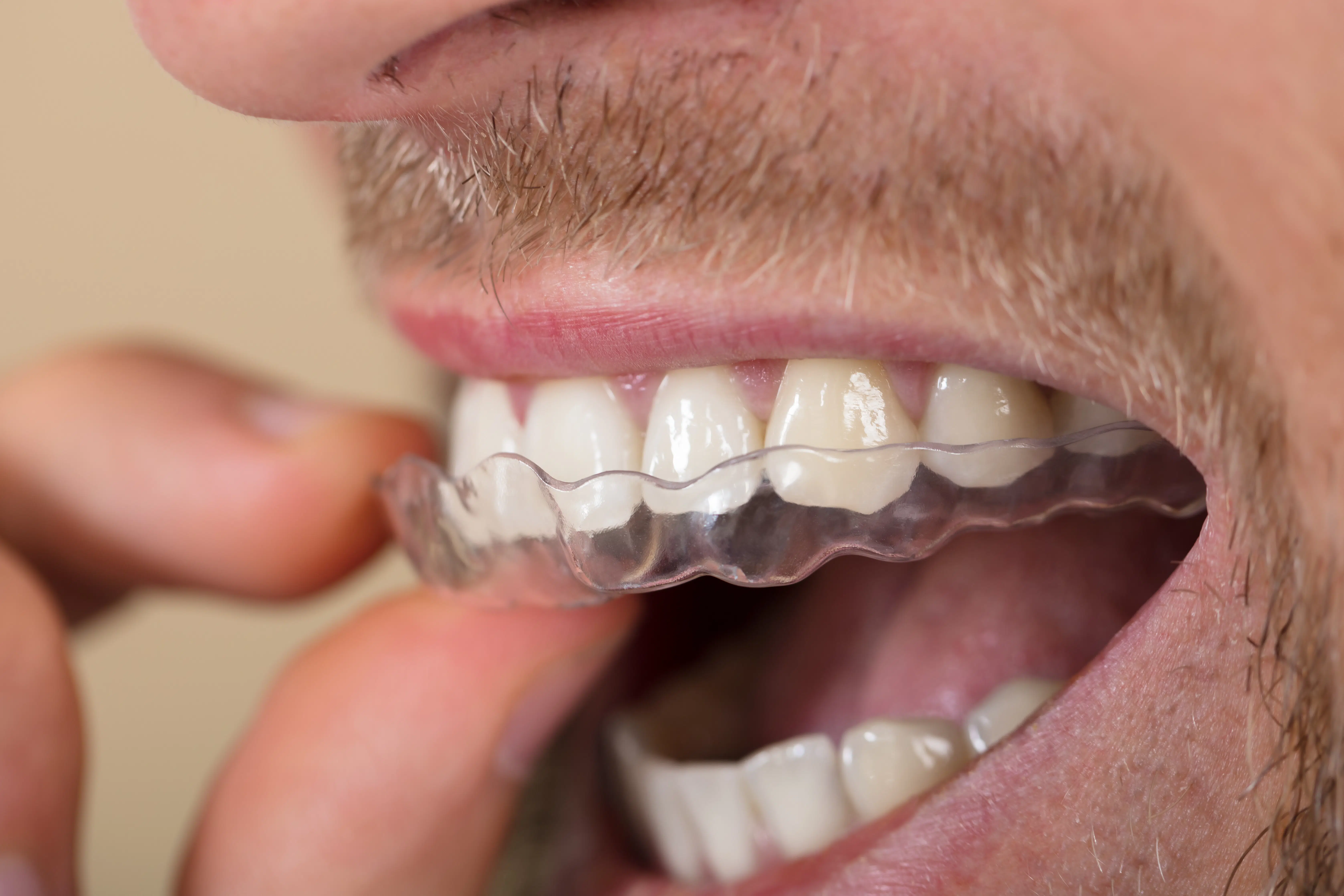
Have you ever woken up with a sore jaw or a headache? You might be experiencing bruxism. Bruxism, or teeth grinding, is a common condition that often occurs during sleep but can also happen when you’re awake. Recognizing the symptoms of bruxism and understanding why treatment is necessary can help prevent long-term damage to your teeth and overall health. In this article, we’ll explore the symptoms of bruxism, the importance of bruxism treatment, and when to seek emergency dentistry.
What is Bruxism?
Bruxism is the medical term for the involuntary grinding or clenching of teeth. It can occur during the day (awake bruxism) or at night (sleep bruxism). While occasional teeth grinding may not cause harm, regular or severe bruxism can lead to various dental and health issues.
Symptoms of Bruxism
Identifying the symptoms of bruxism is the first step towards effective treatment. Here are some common signs that you may be grinding your teeth:
Jaw Pain and Soreness
One of the most noticeable symptoms of bruxism is pain or soreness in the jaw. This discomfort can range from mild to severe and is often more pronounced in the morning after a night of grinding.
Headaches
Frequent headaches, especially upon waking, are a common symptom of bruxism. The tension from grinding can lead to tension-type headaches that can persist throughout the day.
Tooth Sensitivity
Bruxism can wear down the enamel on your teeth, leading to increased sensitivity. You may notice discomfort when consuming hot, cold, or sweet foods and drinks.
Chipped or Cracked Teeth
Excessive grinding can cause visible damage to your teeth, such as chips, cracks, or flattening of the biting surfaces. This damage can affect both the appearance and functionality of your teeth.
Ear Pain
Though it might seem unrelated, bruxism can lead to ear pain or a feeling of fullness in the ears due to the proximity of the jaw joint to the ear canal.
Disrupted Sleep
Sleep bruxism can disrupt your sleep and that of your partner. The grinding noises can be loud enough to wake you or your partner, leading to poor sleep quality and daytime fatigue.
Facial Pain
Chronic grinding can cause pain in the facial muscles, leading to discomfort that radiates from the jaw to the cheeks and temples.
Why is Bruxism Treatment Necessary?
Bruxism treatment is essential for preventing long-term damage and maintaining overall oral health. Here are several reasons why seeking treatment for bruxism is crucial:
Preventing Tooth Damage
Continuous grinding can lead to severe tooth damage, including cracks, chips, and even tooth loss. Treating bruxism early can help preserve your teeth and avoid the need for extensive dental work.
Relieving Pain and Discomfort
Jaw pain, headaches, and facial pain associated with bruxism can significantly impact your quality of life. Treatment can alleviate these symptoms, providing relief and improving your daily comfort.
Improving Sleep Quality
Addressing sleep bruxism can improve the quality of your sleep and that of your partner. Better sleep leads to improved overall health, mood, and cognitive function.
Preventing Jaw Disorders
Untreated bruxism can lead to temporomandibular joint disorder (TMJ), a painful condition affecting the jaw joint and muscles controlling jaw movement. Early treatment can prevent the development of TMJ and its associated symptoms.
Protecting Dental Work
If you have dental restorations such as crowns, bridges, or veneers, bruxism can damage them, leading to costly repairs or replacements. Treatment helps protect these investments in your dental health.
Bruxism Treatment Options
Effective bruxism treatment typically involves a combination of strategies tailored to your specific needs. Here are some common treatment options:
Mouthguards and Splints
Custom-made mouthguards or splints are one of the most common treatments for bruxism. These devices, worn at night, help protect your teeth from grinding and reduce jaw strain.
Stress Management
Stress is a significant contributor to bruxism. Techniques such as relaxation exercises, meditation, and therapy can help manage stress and reduce grinding.
Behavioral Therapy
Behavioral therapy can be effective for awake bruxism. Learning to recognize and change habits of clenching or grinding during the day can help mitigate the condition.
Medications
In some cases, medications may be prescribed to manage bruxism. Muscle relaxants, for example, can help reduce jaw muscle tension during sleep.
Dental Corrections
If bruxism has caused significant dental damage, restorative treatments such as crowns or reshaping of chewing surfaces may be necessary. These corrections can help restore proper bite alignment and prevent further damage.
Botox Injections
In severe cases, Botox injections may be used to relax the muscles responsible for grinding. This treatment can provide relief when other methods are ineffective.
When to Seek Emergency Dentistry for Bruxism
While bruxism treatment can often be managed through regular dental visits, there are instances when emergency dentistry is necessary. Here’s when you should seek immediate help:
Severe Tooth Damage
If you experience a cracked, chipped, or broken tooth due to bruxism, seek emergency dental care to prevent further damage and address any pain or discomfort.
Intense Pain
Severe, persistent jaw pain or headaches that do not respond to over-the-counter pain relief should be evaluated by an emergency dentist.
Inability to Open or Close Mouth
If you suddenly find it difficult to open or close your mouth, this could indicate a serious issue with your jaw joint or muscles, requiring immediate attention.
Conclusion:
Recognizing the symptoms of bruxism and understanding the importance of treatment is essential for maintaining your oral health and overall well-being. From jaw pain and headaches to tooth sensitivity and damage, the signs of bruxism should not be ignored. Effective bruxism treatment can prevent long-term damage, alleviate pain, and improve your quality of life.
If you suspect you have bruxism, consult with a dental professional to discuss your symptoms and explore treatment options. In cases of severe pain or damage, don’t hesitate to seek emergency dentistry to address the issue promptly. By taking proactive steps, you can protect your teeth and enjoy a pain-free, healthy smile.